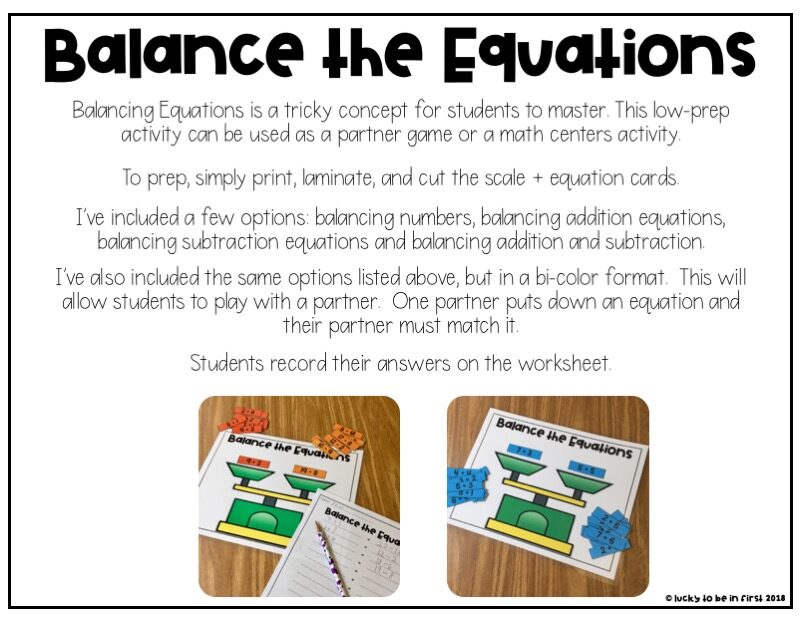
Generally these variables are best guesses at first, and then honed in through a lot of playtesting, but the idea is that every character should generally output 10hp/3seconds. Do some actions take less than 3 seconds, and some take more than 3 seconds? How should I weigh the effect of knockback or buff moves? How should all of these values grow with player progression? What else can make a character or action more or less viable in my game? Time to plug in the variables!Īre there any effects applied in this attack (stun, slow, etc) and how should those modify damage. If I want a fight to last 30 seconds, a character has 100 hp, and each attack takes 3 seconds, then 100 / (30 / 3) = 10hp/action.

Figure out with the interaction model of your game, how long a discreet action takes, and do the simple arithmatic: Start with some givens: How long you want a play session to be, and the order of magnitude of the player's "lose state" resource. Check out our Discord! Suggestions and feedback Message the Moderators r/Games: A place for informative and interesting gaming content and discussions.

r/gamedevclassifieds: A game development classified section to help you find talent, or to help the talent find you. r/indiegaming: The place for all news and developments in the Indie gaming community. r/themakingofgames: For all 'behind the scenes' content of your favorite games. r/devblogs: The latest blog posts from your favorite game development bloggers. r/GameSociety: reddit's "book club" for games. r/ludology: For the serious discussion and analysis of games played on a computer, board, field or any other interactive media. r/tabletopgamedesign: All things related to designing tabletop RPGs, wargames, board, and card games. r/gamedev: All things related to game development, programming, math, art, music, collaboration. If your post isn't related to game rule crafting, consider posting in one of the following subreddits: Please report any submissions or comments violating these rules using the report button. Show-off posts are only allowed as game design case studies (Tell us how/ why you developed an interesting game design concept in your game)ģ) DO NOT link to an article or video without providing a short summary. All submissions must be related to Game Design.Ģ) DO NOT post self-promotion, sales, low-effort posts, memes, jokes, etc. "how do I fix this problem in Unity?" or "how do I get a job in the game industry?" Try /r/gamedev instead. Posting rulesġ) DO NOT post about general Game Development, e.g. If you're new to /r/GameDesign, please read the GameDesign wiki for useful resources and an FAQ. Game Designers of all experience levels are welcome! Posts about visual art, sound design and level design are only allowed if they are also related to game design.

Posts about programming, making assets, picking engines etc… will be removed and should go in /r/gamedev instead. This is NOT a place for discussing how games are produced. If you're confused about what game designers do, "The Door Problem" by Liz England is a short article worth reading. It's about the theory and crafting of mechanics and rulesets.



 0 kommentar(er)
0 kommentar(er)
